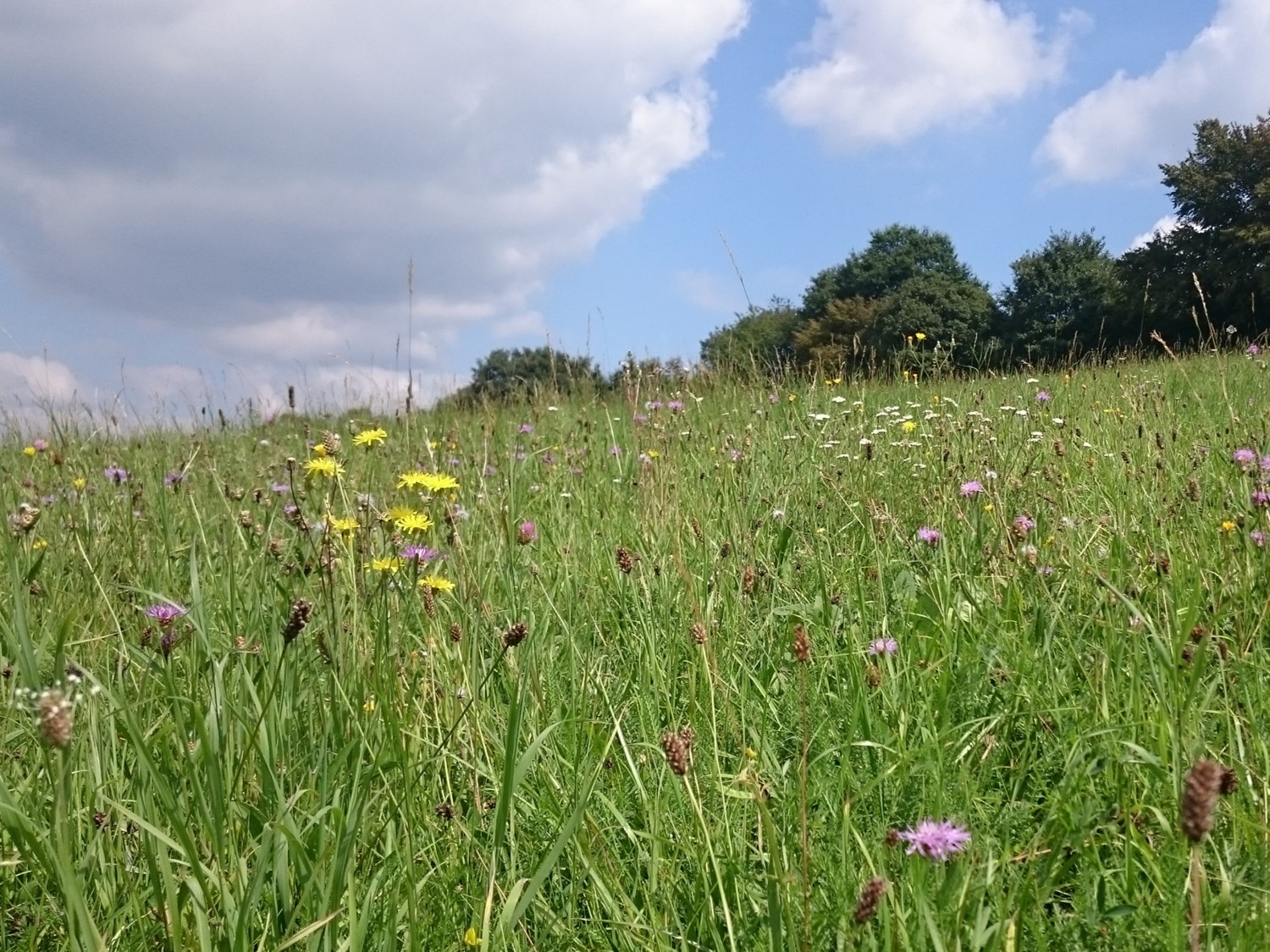4.7a SPECIAL PLANT PRODUCTION
Educational and teaching task:
The students should
- be able to plan and carry out the production of plant-based food and feed as well as raw materials;
be able to carry out simple soil testing methods and interpret test results;
be able to assess and plan integrated production processes and organic farming methods;
Be able to draw up and justify crop rotation plans and/or usage plans and fertilization plans for arable farming and grassland;
be able to carry out simple seed testing methods and choose a variety;
be able to plan, evaluate and interpret simple field tests;
be able to assess the quality of the harvested products upon receipt;
be able to take into account the economic requirements of the market and the internal processing and utilization of crop production products;
recognize the interconnectedness of the ecological and economic system and be able to implement appropriate measures in the interests of sustainability.
Teaching material: 5th year (2 hours per week)
Production on arable land:
Grains, root crops, protein crops, oil crops, forage production, renewable raw materials, vegetables
Production on permanent grassland:
Plants of permanent grassland and plant populations, stock assessment, management intensities and forms of use, pasture plan, care and plant protection measures, grassland renewal and creation.
Herbal products:
Quality criteria relevant to sales and processing and their quantifiability; Relationship between the quality of plant products and human nutrition; Presentation of the special markets for plant-based products and their dynamics; Sales strategies, processing and processing products; Manufacturing processes or recipes taking into account the legal regulations for marketable products.
The extent of the exercises in the fifth year is 1 hour per week.







